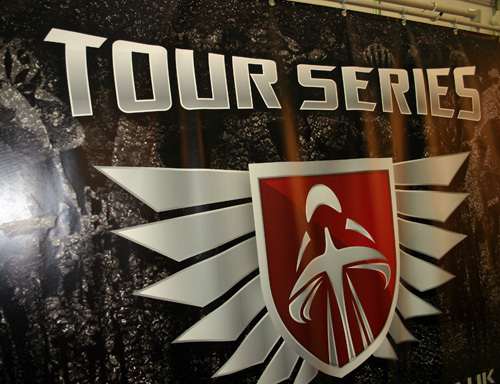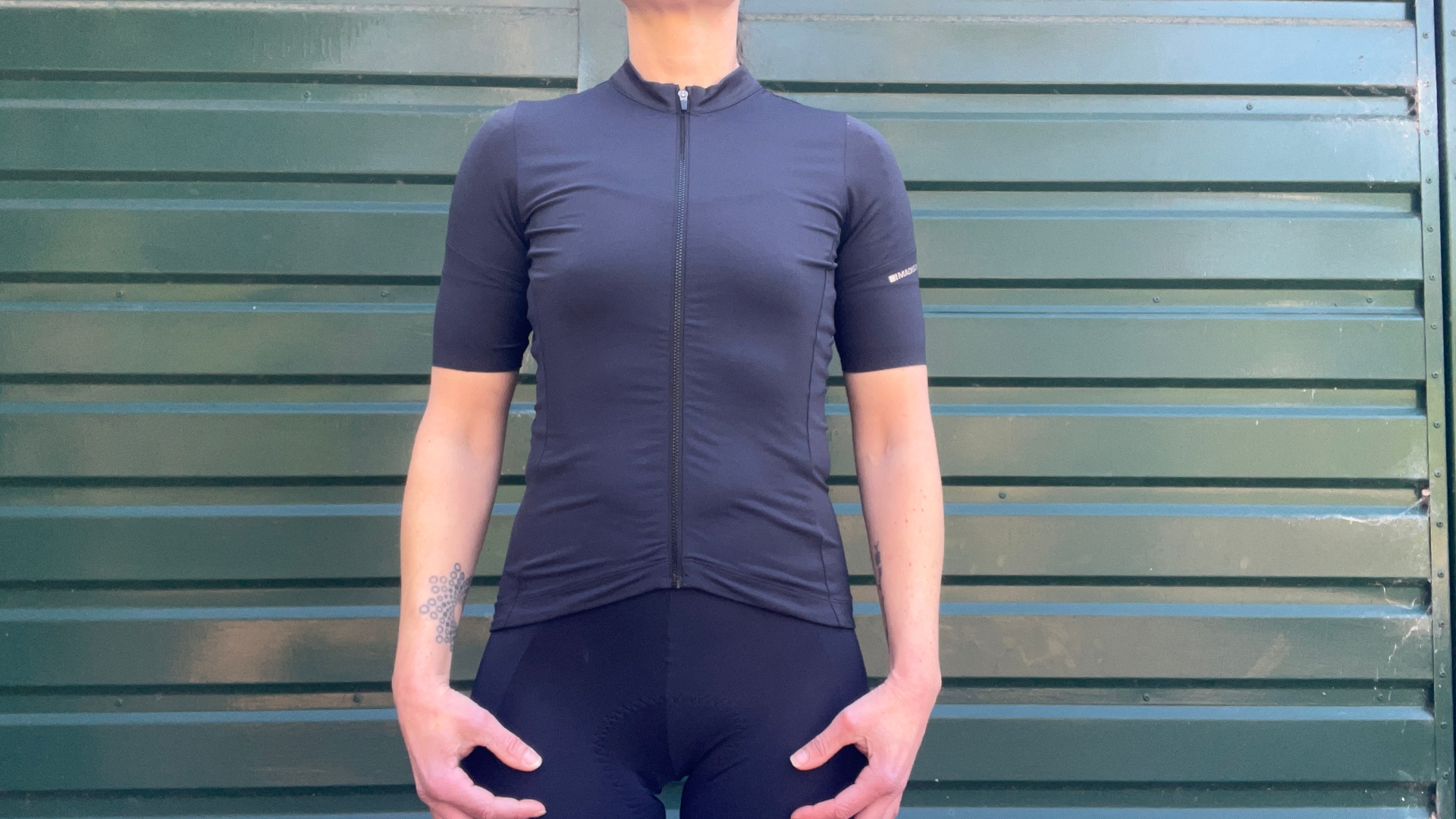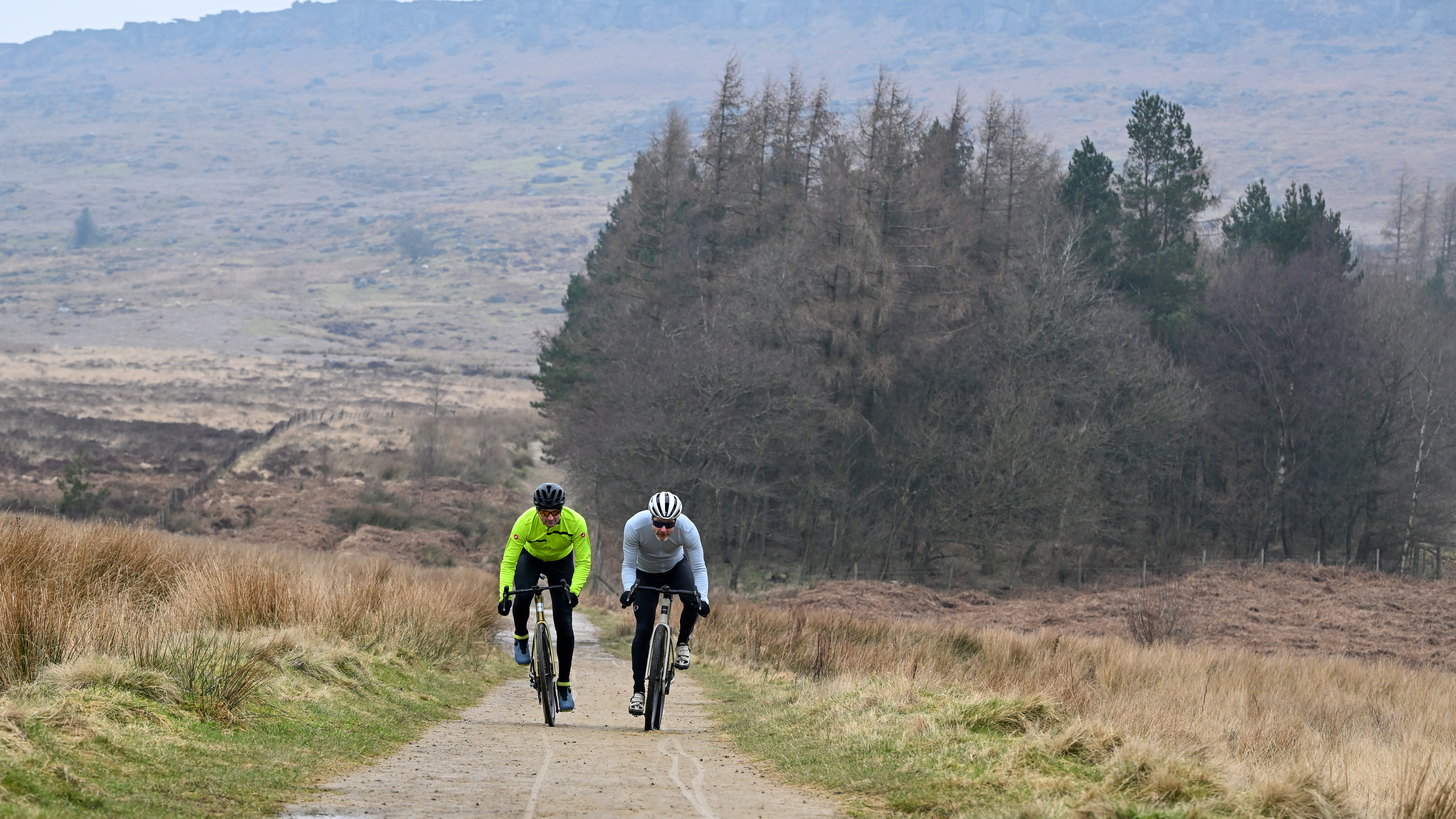Tour Series: Opening night in Milton Keynes

Race report: Tour Series round one, Milton Keynes
Briggs wins as Hayles is relegated
It was a shame that the first round of the new Tour Series ended in controversy, with Rob Hayles relegated to second place for an irregular sprint, handing the victory to Graham Briggs.
When the decision was announced, it was explained that Hayles had been relegated to last place, which brought boos from the crowd. No one wants to hear boos on opening night, no matter what the reason.
That?s not to say the commissaires should have shirked a difficult decision, but from where I was standing, Hayles didn?t do much wrong. Yes, he closed the door on Briggs, who was contesting the two-up sprint, but he didn?t slam it shut in his face.
The television audience tuning in to ITV4 tonight (Friday, 7pm) will be able to judge for themselves, of course, but I can?t help feeling that unless Hayles had slammed the CandiTV man into the barriers, the result should have been allowed to stand.
As it happened Hayles had only been relegated to second place, not last, which would have been extremely harsh on a Halfords team that didn?t have the best of luck. Ed Clancy snapped a chain and lost four laps. In the Tour Series, a team event based on the finishing positions of the top three riders of each squad, that was disastrous.
Get The Leadout Newsletter
The latest race content, interviews, features, reviews and expert buying guides, direct to your inbox!
A TOWN LACKING A HEART BEAT
Milton Keynes provided a perfect course for the first race, an L-shaped course with a taxing rise to the finish line, with wide roads and testing corners.
The crowds around the finish line were big enough to create an atmosphere, but you couldn?t argue that the town had turned out in force. There were great stretches of empty barriers, backed only by the office blocks of a town that had all gone home from work.
But that?s more a criticism of Milton Keynes than the Tour Series. It?s a new town built in the 1960s, but even now it lacks the heartbeat of a community. People come in to work, they go home again.
There were a couple of chain bars flanking the course and people enjoying a drink on the balcony could see the cyclists ride past every few minutes.
But as is often the case in Britain, there was a sense that the event was going on in the background. As my travelling companion pointed out, if this was Belgium, the pub would have set up a hot dog stand and the crowds would have been able to enjoy a beer right up next to the barriers.
As it was, we saw a couple of drinkers who were told they couldn?t take their glasses off the premises.
Again, though, that?s more a comment on modern British towns. All the bars were owned by chains. There would have been a crate of paperwork to go through to apply for permission to serve food and drink at street level.
A NEW STYLE OF RACING ? BUT CHANGE THE COLOURS
The events held before the main race engaged the public though. Key to the success of any venture is winning over the children, and those who got to ride on the course in the early evening will have been delighted.
But it was the feature race that the crowds and television cameras had come to see.
For the casual observer and the seasoned fan alike, it was a good show. The style of racing was quite different to what I?d expected. Instead of the traditional city centre criterium, which can look a bit orchestrated, even when it?s not, this was was more like a road race held on a tight town centre circuit. Breaks went away, and came back. Riders drifted off the back. At one point the bunch split in two and there was a frantic chase.
The picture was constantly changing and there was always something going on. Perhaps it was because of the small field of 48, but more likely it was a result of the big gap in ability and experience between the best and the weakest. Some riders were dropped quite early.
In common with the announcers at many sporting events these days, the commentator felt the need to talk absolutely non-stop for the full 56 minutes, bombarding the crowd with information they couldn?t hope to process. When bellowing, for example, that Rob Hayles is towards the front of the bunch, it?s helpful to point out what colours hs is riding in.
And if this is going to be a team event, perhaps the organisers should have encouraged the teams taking part to design colours that are radically different from each other. The orange of Halfords does stand out. Rapha?s all-black would be more effective if there weren?t a couple of other teams in predominantly black. Plowman Craven stood out the best, and Corley Cycles had a very simple but extremely effective design.
It would be an added cost, but perhaps some of the teams need encouragement to seek some really stand-out designs.
A QUESTIONABLE FORMAT
On the face of it, the team format seemed a good idea, but having seen it in action, I have some reservations. I wonder whether the team format will capture the imagination. I can see that it is based on the constructor?s league table in Formula 1, but F1 also has a driver?s championship, and that is what the man in the street cares about. Who?s winning? End of story. They don?t ask: ?So, which team is the most consistent over the series, based on their best three finishers in each event??
It also plays heavily into the hands of the strongest teams. Last night CandiTV placed their men first (Briggs), fifth (Malcolm Elliott) and eighth (Simon Holt) for a total of 14 points. Plowman Craven were second on the night with fourth (Stephen Adams), 14th (Jeroen Janssen) and 18th (Tom Barras), for a total of 36 points. That?s a heck of a gap to make up, particularly now CandiTV?s riders know they just have to get their third rider inside the top 15 to preserve their comfortable advantage.
Halfords are way behind, despite having Hayles second and Andy Tennant ninth, because Clancy had a major mechanical problem, lost four laps and finished 38th.
The smaller teams, for whom a top three finish in a race should be seen as a great result, are simply out of the hunt. Corley Cycles, the local team from Milton Keynes, had Simon Gaywood in third place in the race, but were eighth of the ten teams.
And that?s not taking into consideration the fact that as the series goes on, the sprints could be dangerous if everyone is fighting for every finishing position.
So the Tour Series has designed a competition that is effectively a case of establishing who?s got the best third-best rider. The winner of the race is what counts, and as the series goes on, people will want to know who the best rider is.
The complex process of adding up the points didn?t help when it came to the podium ceremony either. There was a 25-minute gap between the riders crossing the line and the presentation getting underway, although that was partly because of the deliberation over Hayles?s misdeeds.
Later in the series I?ve got visions of some poor chap counting his fingers and thumbs and using an abacus to double check he?s got the team standings right.
As a series, though, it?s a great addition to the domestic scene. Television will iron out some of the creases and hopefully as it moves around the country momentum will build.
And without picking on Milton Keynes unduly, it was a difficult opening night. There is no real captive audience, so the Tour Series can certainly count the first race as a success. Roll on Exeter next Tuesday.
See the race on ITV4, Friday, May 21, 7pm

Thank you for reading 20 articles this month* Join now for unlimited access
Enjoy your first month for just £1 / $1 / €1
*Read 5 free articles per month without a subscription

Join now for unlimited access
Try first month for just £1 / $1 / €1
Sports journalist Lionel Birnie has written professionally for Sunday Times, Procycling and of course Cycling Weekly. He is also an author, publisher, and co-founder of The Cycling Podcast. His first experience covering the Tour de France came in 1999, and he has presented The Cycling Podcast with Richard Moore and Daniel Friebe since 2013. He founded Peloton Publishing in 2010 and has ghostwritten and published the autobiography of Sean Kelly, as well as a number of other sports icons.
-
 Madison Flux short sleeve jersey review: functional and affordable
Madison Flux short sleeve jersey review: functional and affordableThe road cycling jersey delivers top performance for a budget-conscious cyclist
By Hannah Bussey
-
 I pitched a top-end all-road bike against a top-end gravel bike, here's what I found
I pitched a top-end all-road bike against a top-end gravel bike, here's what I foundMulti-surface machines go head-to-head-to-head and categories clash as Tim Russon rolls up for the ultimate do-it-all bike showdown
By Tim Russon